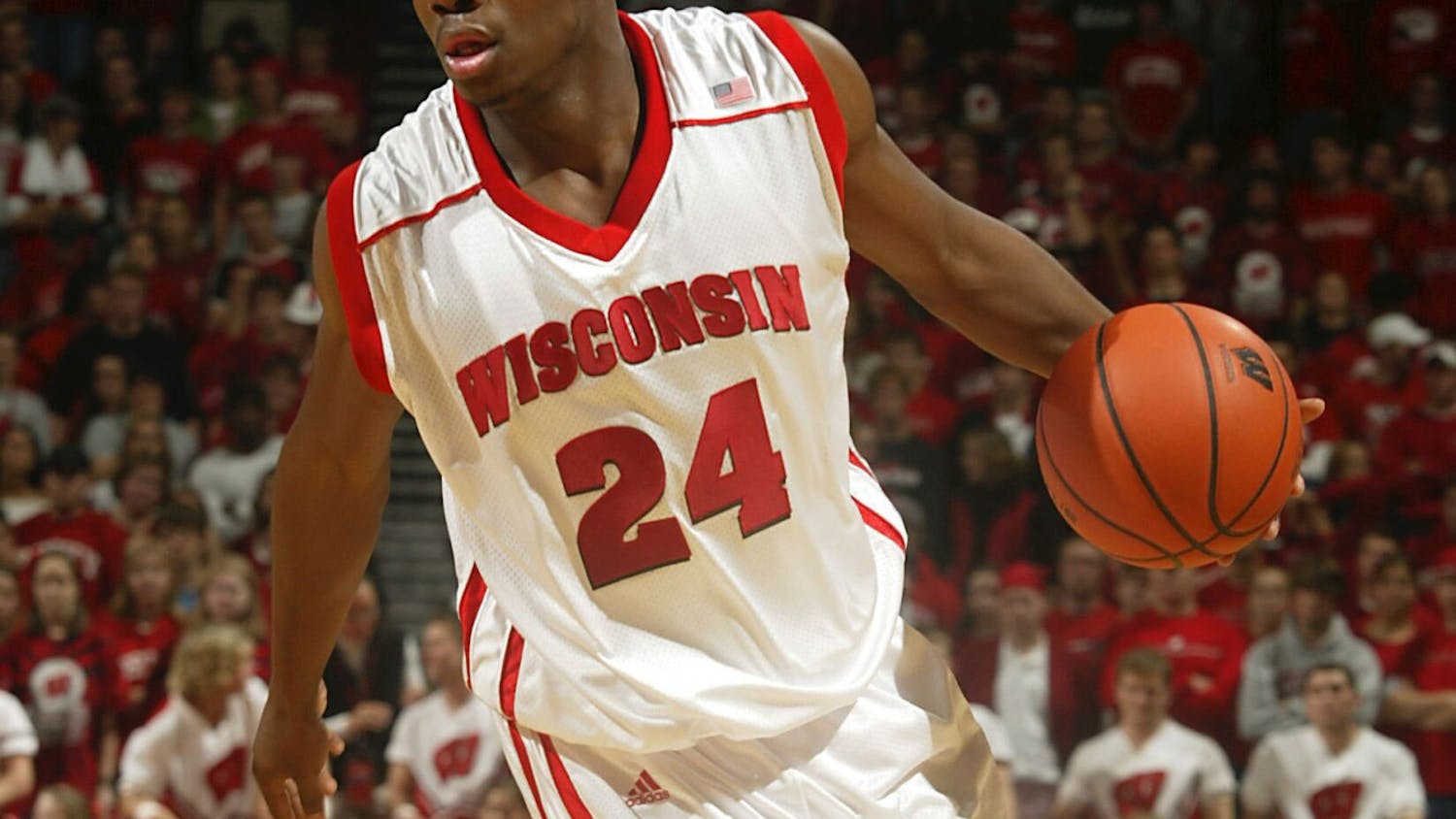The Wisconsin Primary is behind us, and voter registration groups are rejoicing at a high voting turnout. Our very own Vote 2004 Coalition is claiming credit for registering 1,000 new voters. But it seems strange that this ASM group is happy that more people showed up to vote, when one considers that those they registered may not be really informed, passionate voters.
Instead of simply pleading with students to vote, campaigns like Vote 2004 need to concentrate on informing students of issues that will affect them and to get them concerned and objectively informed on the candidates' stances on issues relevant to the student population. As one freshman put it: \It was my first time voting, and I wanted to get the experience of it ... It seemed like the right thing to do."" This sentiment, shared by many, does not reflect a deep concern for the issues or the candidates who argue them. Moreover, this is the kind of involvement that Vote 2004 produces-involvement that is sporadic and indolent at best, and nonexistent at worst.
Even despite all of the appeals by Vote 2004 to potential voters to fulfill their civic duty, the percentage of us who actually vote is still laughably low-only 55 percent nationally according to recently released census numbers. The question must then be asked: Why is this turnout so low?
Voters realize that voting does not change policy, shape the course of the nation or even really elect a candidate. No election of consequence in the history of the United States has been decided by a single vote. At best it could be said that voting renders the voter a part of something, or that voting is symbolic posturing on an issue. But people do not have the opportunity to actually go out and aggressively affect American government, so voting is a representation of true action.
This is not to say there is something wrong with voting. On the contrary, it is a vital component to any successful democracy. However, without other forms of action-letters to representatives, demonstrations, and campaigning on issues important to individuals, just to name a few-our democracy would simply be an exercise in ineffectuality. This is why groups like Vote 2004 should do more than simply convince young people to vote; they should show them how true involvement fosters real change, and that we should all have a stake in how our government is run.
Despite these inescapable truths, the Vote 2004 Coalition still endeavors to increase the voting turnout. While ASM Vote 2004 coalition's intentions are admirable, their execution is misguided. They are simply striving to increase the number of students voting, purportedly so that the rights of younger people will be given weight by candidates. In practice, however, this will not create a young electorate taken seriously by candidates. For candidates to take seriously the issues that face people under 25, more needs to happen than just getting those people to the polls.
If organizations sought to inform students in such a way that would evoke genuine concern regarding an election and its consequences, students would not need any convincing to go vote. These organizations need to stop patronizing students by reminding them of their ""patriotic duty,"" and encourage substantive and passionate action through informed thinking.
It is a sad but understandable situation when we literally have to beg people to vote, and unless citizens are given a genuine reason to take action, we can hardly be blamed for our lack of it. Rather than telling people where to cast their ballot-a ballot that seems lost and meaningless when a single vote will not decide an election-they should give people a reason to really be involved-a reason that transcends the feeling of ""the right thing to do.""
Groups like Vote 2004 have a unique opportunity to socialize voters' ideas and to shape their political behavior in the future. Here is hoping that in the coming election, groups like the Vote 2004 Coalition will concentrate less on trying to convince apathetic citizens to vote once and will instead educate a group of informed, concerned voters who will see a true stake in civic involvement, rather than tiresomely fulfilling their patriotic duty.





